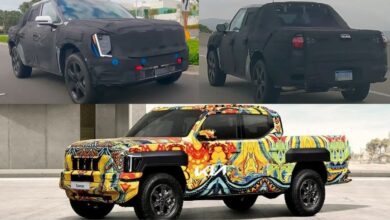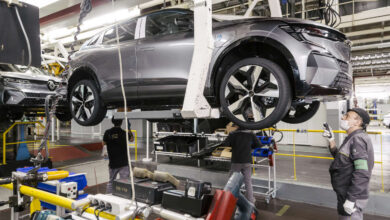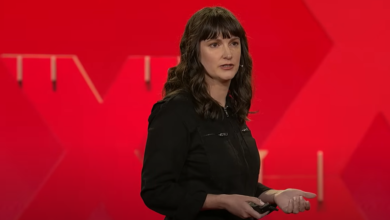How the new EU tariffs impact Chinese EV makers like BYD, NIO
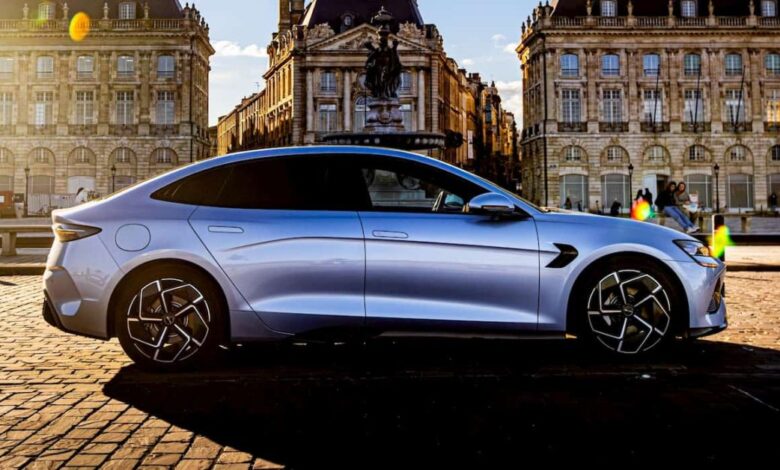
After concluding that EVs imported from China have an unfair advantage due to government subsidies, the European Commission said it would impose additional tariffs by up to 38.1%. How will the new EU tariffs impact Chinese EV makers like BYD and NIO?
Why is the EU imposing new duties on China EV imports?
The EU launched an investigation into Chinese EV subsidies in October as imports climbed. “Global markets are now flooded with cheaper electric cars,” EU Commission President Ursula von der Leyen said in her annual speech to the European Parliament.
“And their price is kept artificially low by huge state subsidies,” the EU Commission leader added. The comments came as Chinese EV makers, like BYD, launched new models aimed at the region.
According to leading global auto data firm Jato Dynamics, the average retail price of imported Chinese EVs was 29% lower than models produced in Europe (excluding incentives and discounts).
As part of the investigation, the Commission concluded that EVs made in China benefit from unfair subsidization. In a press release Wednesday, the Commission said the unfair practice is “causing a threat of economic injury to EU and BEV producers.”
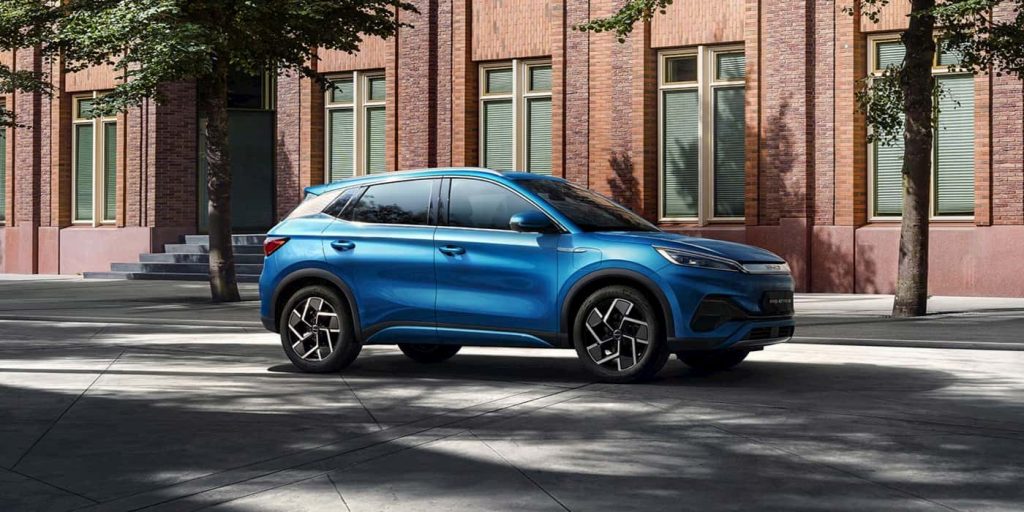
As a result, the EU pre-disclosed the additional tariffs it would impose on Chinese EV makers, including BYD.
How the new EU tariffs will affect BYD, NIO, and others
The Commission reached out to Chinese authorities to explore ways to resolve the issues and gather feedback. Meanwhile, the EU released individual tariffs that would apply to three sampled Chinese EV makers.
The additional tariffs would include:
- BYD: 17.4%
- Geely: 20%
- SAIC: 38.1%
Other EV makers in China, which cooperated with the investigation, would be subject to a 21% additional tariff.
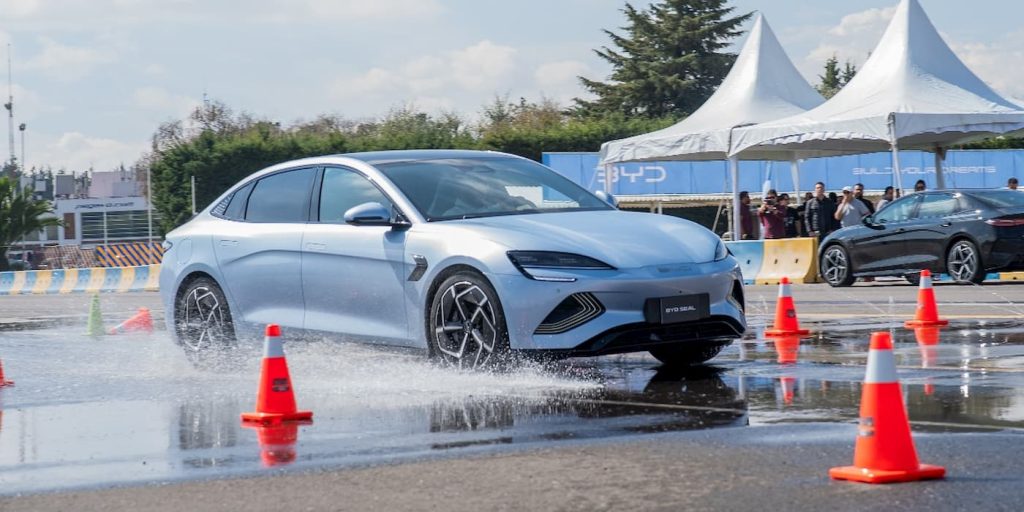
According to the release, Tesla “may receive an individually calculated duty rate at the definitive stage.” Other companies can ask for an accelerated review.
Sampled companies can explain the accuracy of the EU’s findings. If no solution is found by July 4, 2024, the new tariffs will be made official.
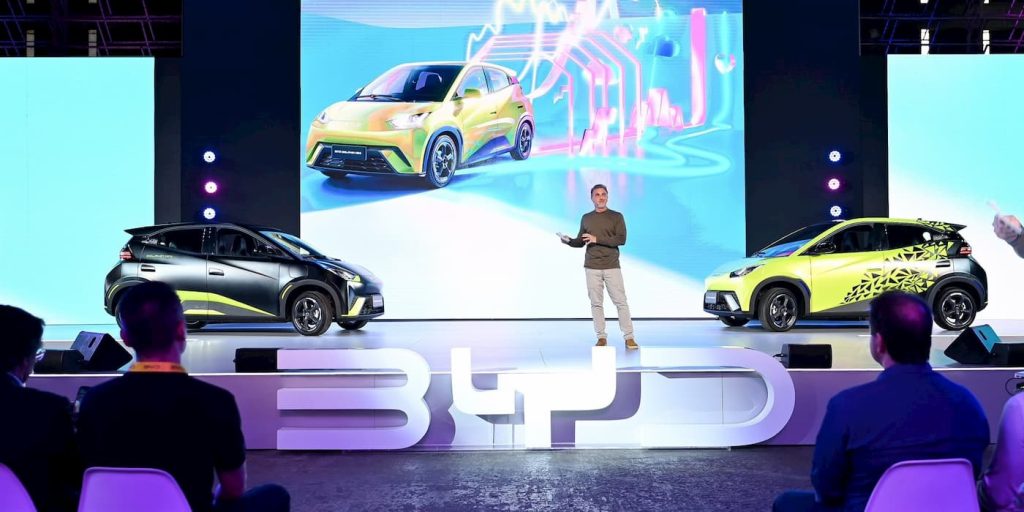
Chinese foreign ministry spokesperson Lin Jian responded to the new tariffs (via Reuters), saying, “This anti-subsidy investigation is a typical case of protectionism.” He explained it would only damage trade relations and the global supply chain.
Several Chinese EV makers, including NIO, remain committed to expanding in Europe. NIO told CnEVPost, “In Europe, Nio’s commitment to the EV market remains unwavering, and we will continue to serve our users and explore new opportunities within Europe despite protectionism.”
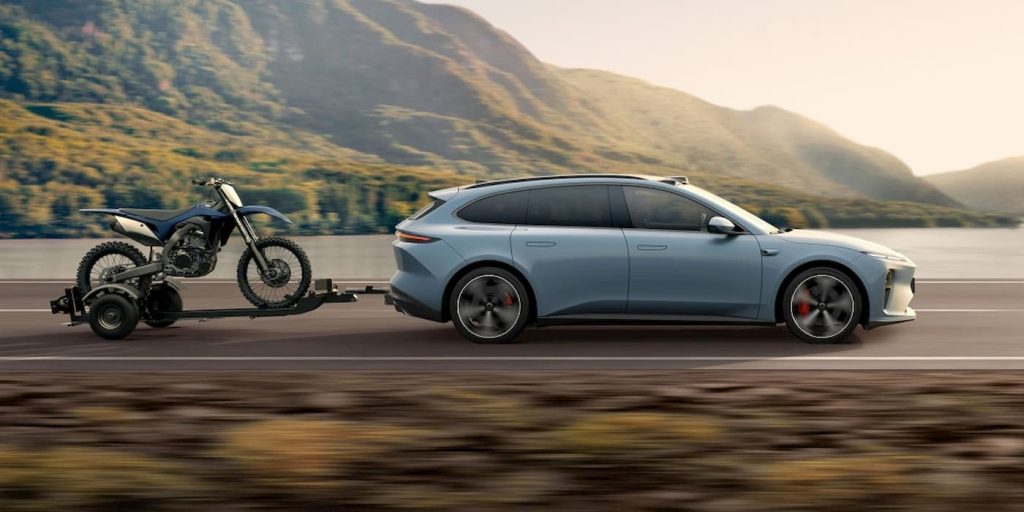
NIO remains “hopeful for a solution” as the investigation has yet to be concluded. If imposed, NIO would be subject to the 21% weighted average tariff, which would be imposed on top of the current 10% import duties on EVs.
Electrek’s Take
As China’s EV market is becoming saturated with many EV producers, leaders like BYD, Geely, SAIC, and NIO look to expand into global markets.
With low-cost EVs, Chinese EV makers are quickly expanding in key global automakers. For example, BYD is already among the leading EV makers in Thailand, Brazil, Israel, and others.
In Brazil, BYD’s cheapest EV, the Seagull, starts at around $20,000 (99,800 BRL). In fact, the BYD Explorer No. 1, BYD’s car transport ship, landed in Brazil’s Port of Suape last week carrying 7,000 NEVS.
Even with the new tariffs, the BYD Seagull is expected to arrive as one of Europe’s most affordable EVs, starting under $21,500 (20,000 euros).
BYD’s car transport ship landed in Germany in February, unloading 3,000 NEVs into the European market.
According to Dataforce research, Chinese EVs like BYD accounted for 9% of EVs sold in Europe last year. That number is expected to rise rapidly over the next few years as low-cost EVs enter the market.
BYD’s CEO, Wang Chuanfu, called out the US and Europe for being “afraid” of Chinese EVs last week.
If you are not strong enough, they will not be afraid of you,” Wang said. BYD’s leader said the new EU tariffs are a testament to China’s auto industry strength. The comments came after the US increased tariffs on imports from China, including EVs, batteries, and minerals.
FTC: We use income earning auto affiliate links. More.

